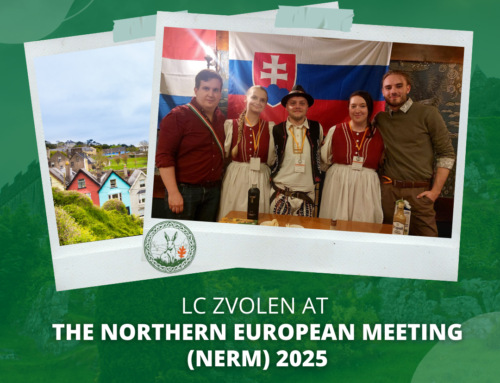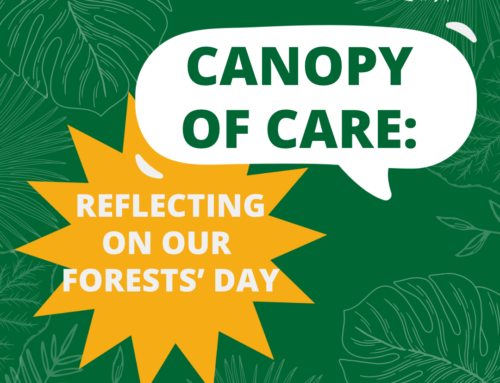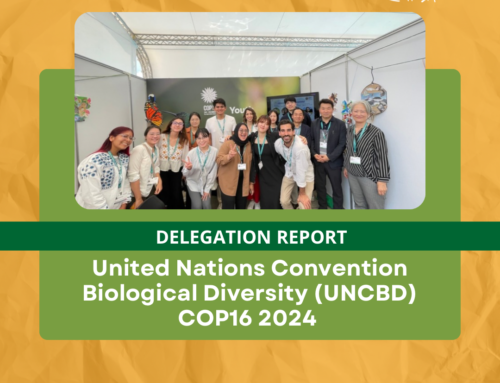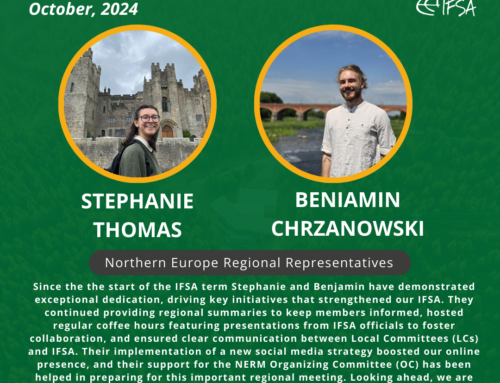IFSS 2022 Report
Creating International Learning
About IFSS
It is an annual event attended by more than 100 forestry and related science students, where information on the state of the host country’s forests is shared and discussed.
In terms of IFSA, in this event, General Assemblies are carried out, where decisions are made on the course of our Association, such as analyzing and making changes to the operating procedures, general documents, and finances of the next term, as well as the presentation and election of the next board.

Regarding forests, themes are discussed globally, such as restorations, conservation, sustainable use, timber and non-uses of forests, biodiversity, community development, and other themes.
This event is significant for the development of the IFSA and its student members. Here it forges and marks the difference in the professional and personal lives of the participants, creating an atmosphere of international learning, opportunities, collective knowledge, and connections to strengthen global forestry education.
About Chile
Chile is a peculiar country. It is considered the longest in the world, encompassing the parallel 17° 29’ 57” S to 56° 32’ 12’’ S. This country is constituted by three geographical zones, the Continental zone, the Island zone, and the Chilean Antarctic zone. It is a country with great biocultural diversity, exhibiting landscapes such as arid deserts to glacier areas.
Reference to forestry, Chile has 22.38 percent of its territory covered by forests, that is, more than 17 million hectares, from here 14 million are native forests, and 3 million hectares are forest plantations.
Referring to the culture of Chile, there are currently 10 native communities, here their uses and customs of the land have marked the Chilean identity. These groups are Aymara, Quechua, Atacameño, Colla, Chango, Diaguita, Mapuche, Yagán, Kaweskar y Rapa Nui.
This rich biological and cultural diversity makes Chile a country full of contrasts that allow the creation, improvement, and diffusion of knowledge in terms of the management of natural resources, especially forests.
IFSS 2022 General Information
The 50th edition of the International Forestry Students Symposium was hosted by an extraordinary country with the potential to share its knowledge on land use, technological innovation, socio-economic situation, and its leadership role in Latin America.
This time, an analysis of the Chilean forest’s past, present, and future was shared with the attendees, focusing on the points of Environment, Society and Governance, and Economy and Innovation. These topics were mainly exposed in the congress during the first 4 days of the congress, where great experts were present.
Later, during the tour, we visited sites representative of the conservation, use, industrialization, and restoration of Chilean forests, with the aim to learn about the country’s ecosystems in general and to be able to analyze them in a global context.
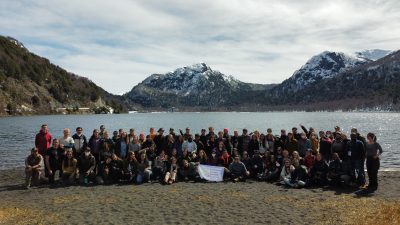
Knowledge
During the IFSS 2022, we discussed the following topics on the situation of Chilean forests, being:
- Environment
- Society and Governance
- Economy and Innovation
Environment
Chile is a country with great biological richness. Due to this geographic distribution, we can find diverse and complex landscapes throughout the country, and we can also find tropical, mediterranean, temperate, and boreal biomes. In the same way, 22-25% of endemic species exist. Under these conditions, the environmental sector has many problems and challenges, specifically forestry. These are the change in land use, urbanization and population concentration, wildfires, and climate change.
However, native forests are rarely managed, and there are various problems with their management according to the type of biome, the main problems being forest fragmentation and degradation, use of few native species, and the introduction of exotic species. Because of these problems, several objectives have been established, such as designing wildlife-friendly operations, preventing invasions by exotic species, increasing connectivity between landscapes, improving landscape management, and, last but not least, resolving conflicts of interest between the actors involved in management.
Society and Governance
In this event, the importance of local communities’ visibility in managing natural resources was discussed, with the idea of making decisions holistically, taking into account each of the actors involved and from different points of view, emphasizing common well-being.
Today, there is significant exclusion when it comes to making decisions; governments, institutions, and communities are required, where reciprocity of power is prioritized, and nature is considered the basis for human development.
In environmental governance, communities are promoted as managers of their territory, considering eco-social factors, the physical components of the ecological and social environment, financing systems, behavior between society and nature, local knowledge, and market incentives.
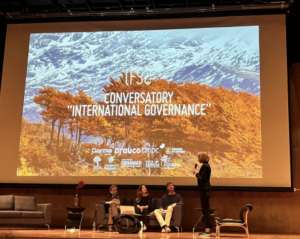
Economy and Innovation
It was shown that it is important not to fear the creation of green enterprises to create institutional green financing platforms to influence governance and thus achieve a stable and viable economy.
To create economically viable systems, promoting the optimal use of natural, financial, human, and technological resources is necessary.
Latin American Region
Latin America is a complex region with significant challenges in the forestry sector. There are countries with a vast biocultural diversity, which forces us to prepare ourselves for environmental, forestry, social and economic matters.
IFSS was attended by students from Chile, Costa Rica, Mexico, Paraguay, and Peru, representing a large geographical area of the continent, from the nearctic land of north America to the south of America. However, our region has similarities in economic and social processes. This allows us to share interests, opportunities, threats, and problems helping to generate views of general analysis but with particular applications to each country and within each country to each of the communities.
The relationship between countries allowed us to generate a general diagnosis of the region and thus establish challenges for the next IFSA term, with the objective of improving our local committees, getting new ones, and promoting the participation of all members to improve the skills and abilities of students in their personal and professional life.
Opportunities
The IFSS is an excellent space for cultural exchange of the world´s forest youth, here converging diverse points of view and ideologies of the participating students. This allows us to broaden the panorama to diagnose, analyze and respond to problems in their places of origin with integrated and innovative solutions.
Among the opportunities in this type of event, there is the linkage with academic, business, and government sectors for the working life of the students, helping them to make decisions about the near future and, at the same time, to know the fields of action and the needs of society so that they can fulfill themselves.
Also, having the opportunity to learn about the conditions and actions of another country, get out of the comfort zone and learn from another perspective how they deal with and solace their problems, in addition, can contribute to the knowledge acquired from another environment that can improve the conditions of the place.
Needs
During this event, different needs of forestry students were noted, which can be divided into the following types: global, regional, and national. Starting with Mexico, there is a need to strengthen language skills within the native language and the official language of IFSA. This will allow ease of communication. Another need is to enhance local knowledge, interacting more with local governance processes from the point of view of indigenous communities, ejidos, municipalities, states, and countries, to be able to arrive at these types of events with a solid basis of knowledge and have the facility to share these experiences.
At the regional level, we need to identify ourselves among countries and committees and create support links and connections for enhancing professional and personal development processes to generate sustainable and resilient communities.
Finally, at the global level, we need to learn how to listen to the ideas and needs of other people, communities, and countries. In addition, how to share our knowledge and experiences to enrich the panorama of development in the forestry and environmental field.
On the other hand, for the benefit of IFSA, it is required that all attendees are involved in a timely manner in the work of our association, as well as its processes and needs, to have optimal participation and conscious and accurate decision-making for the improvement of local committees, regions and the organization in general.
Author : Ismael Contreras Huerta
